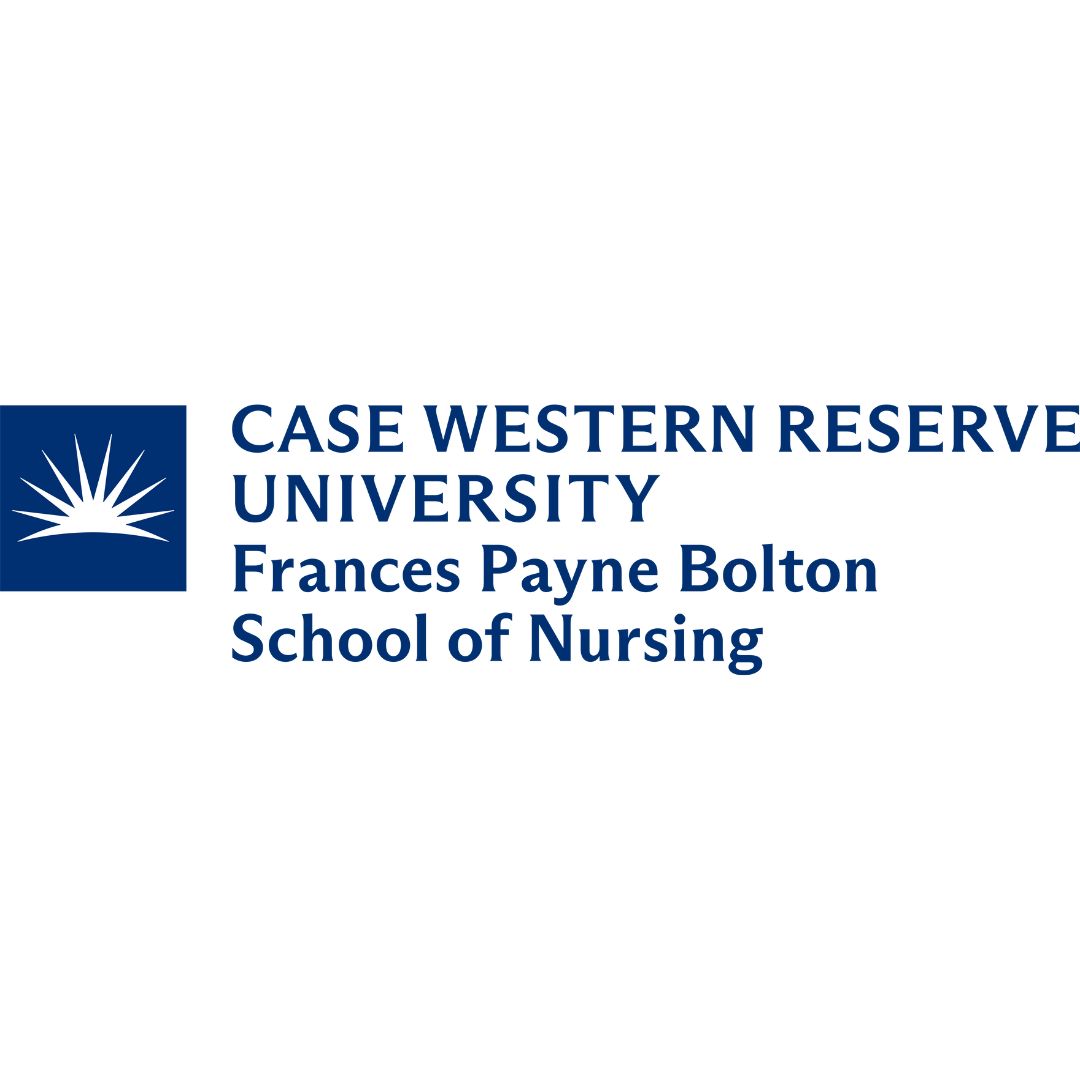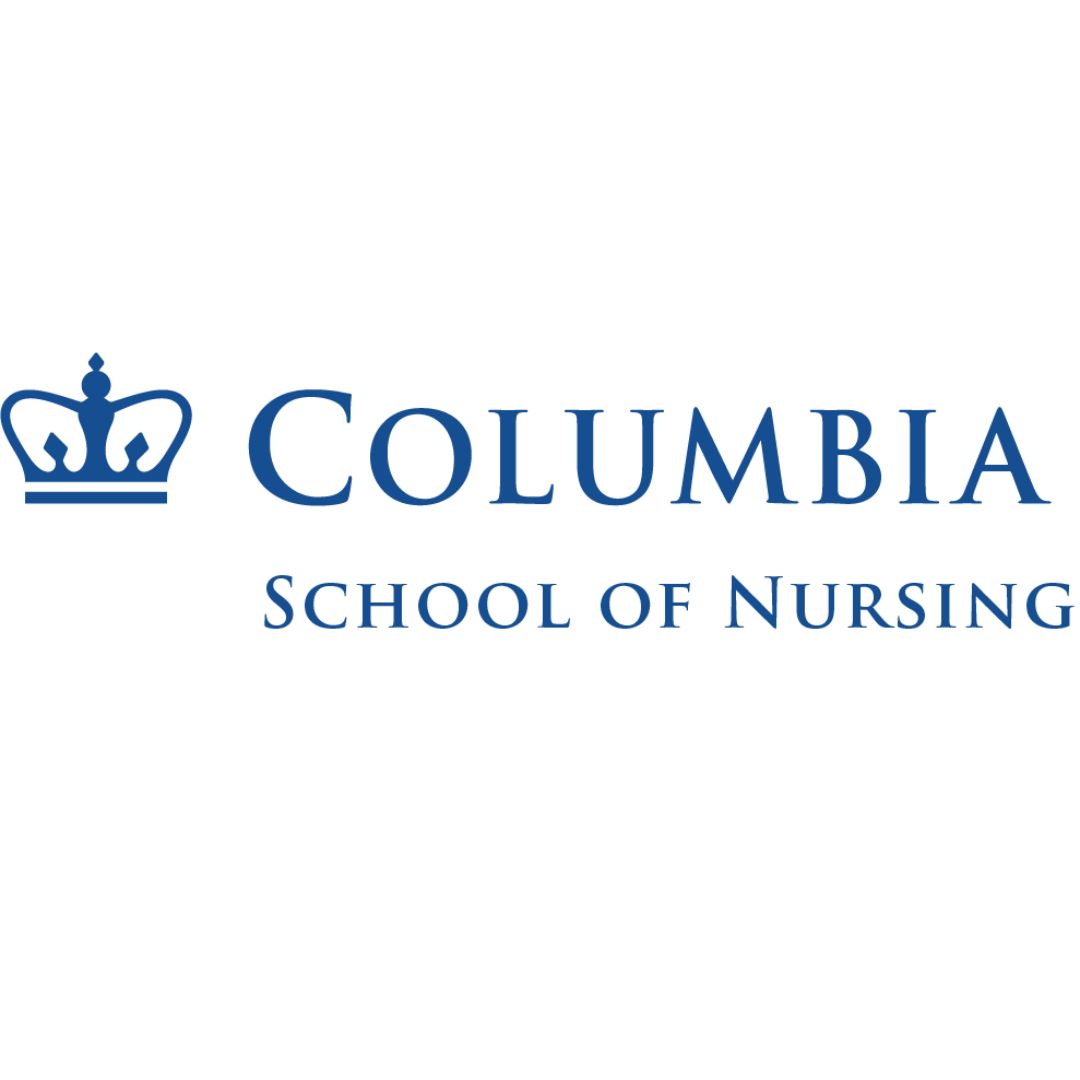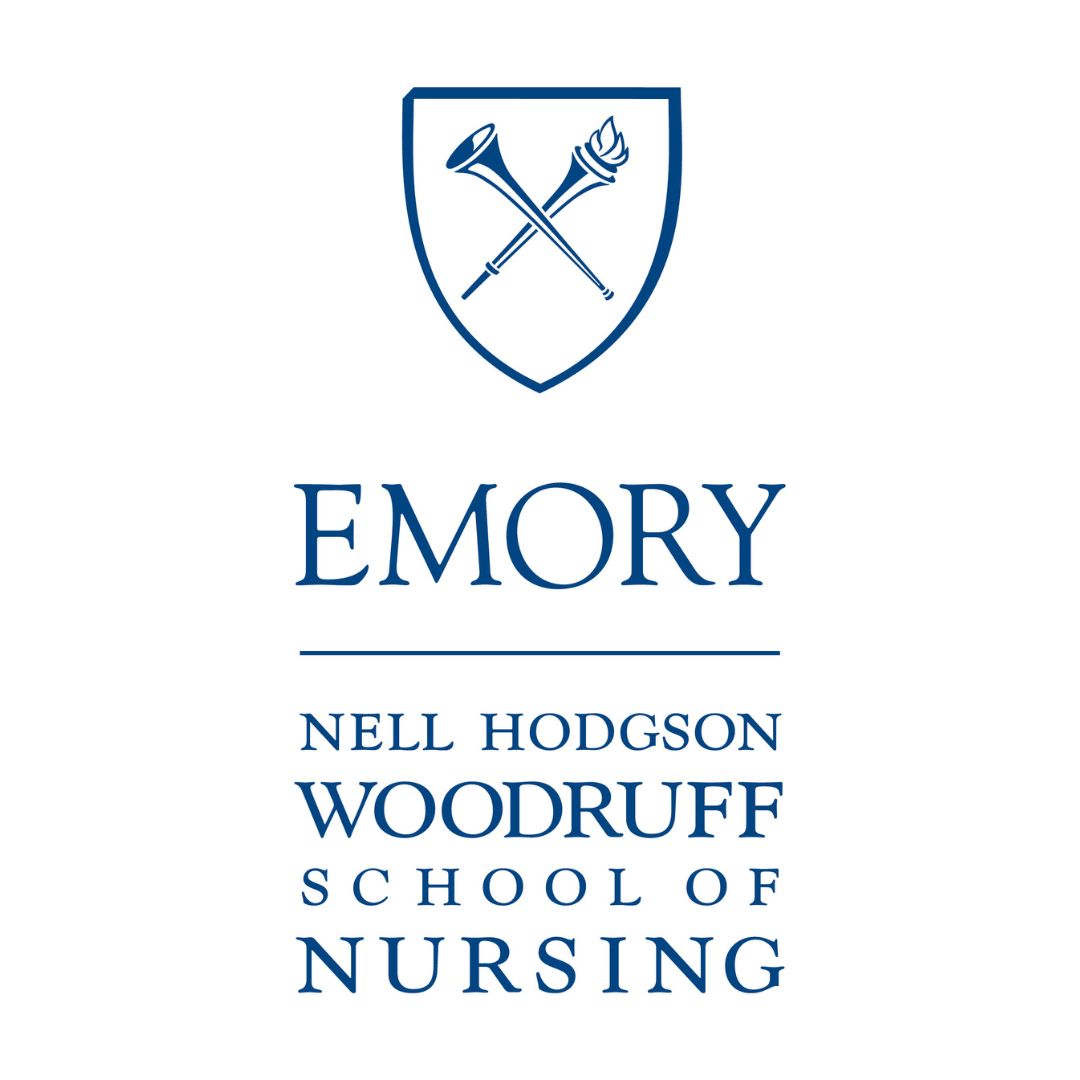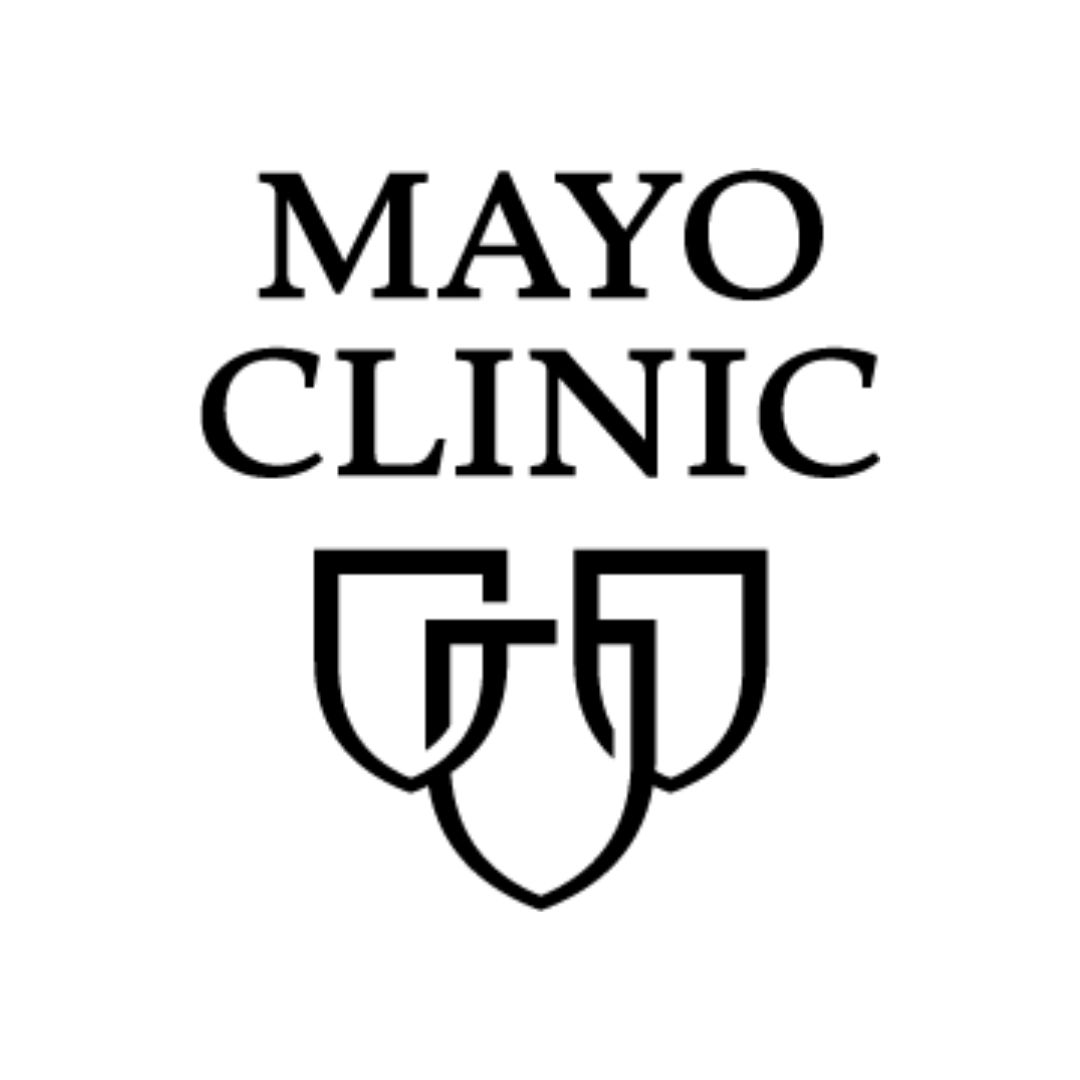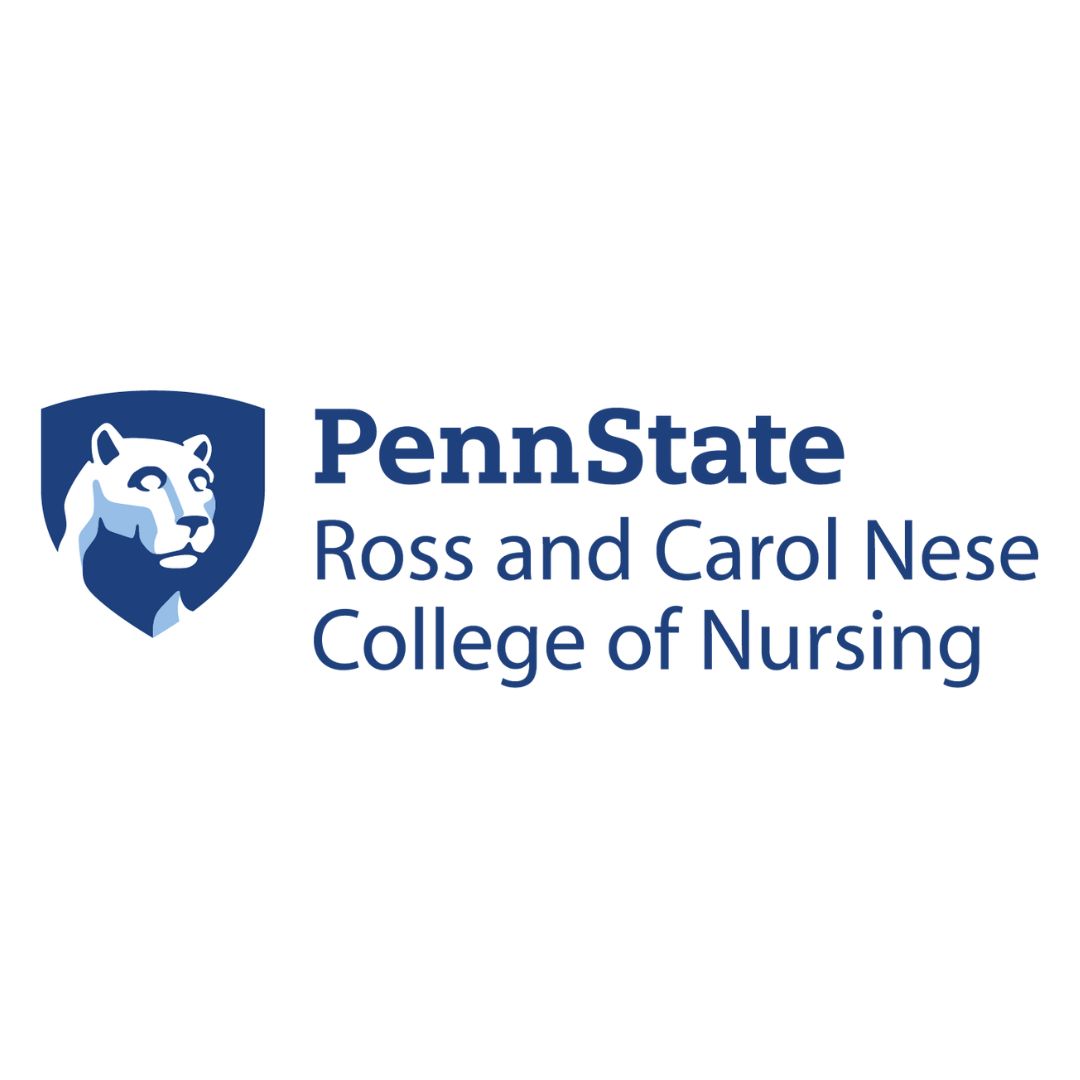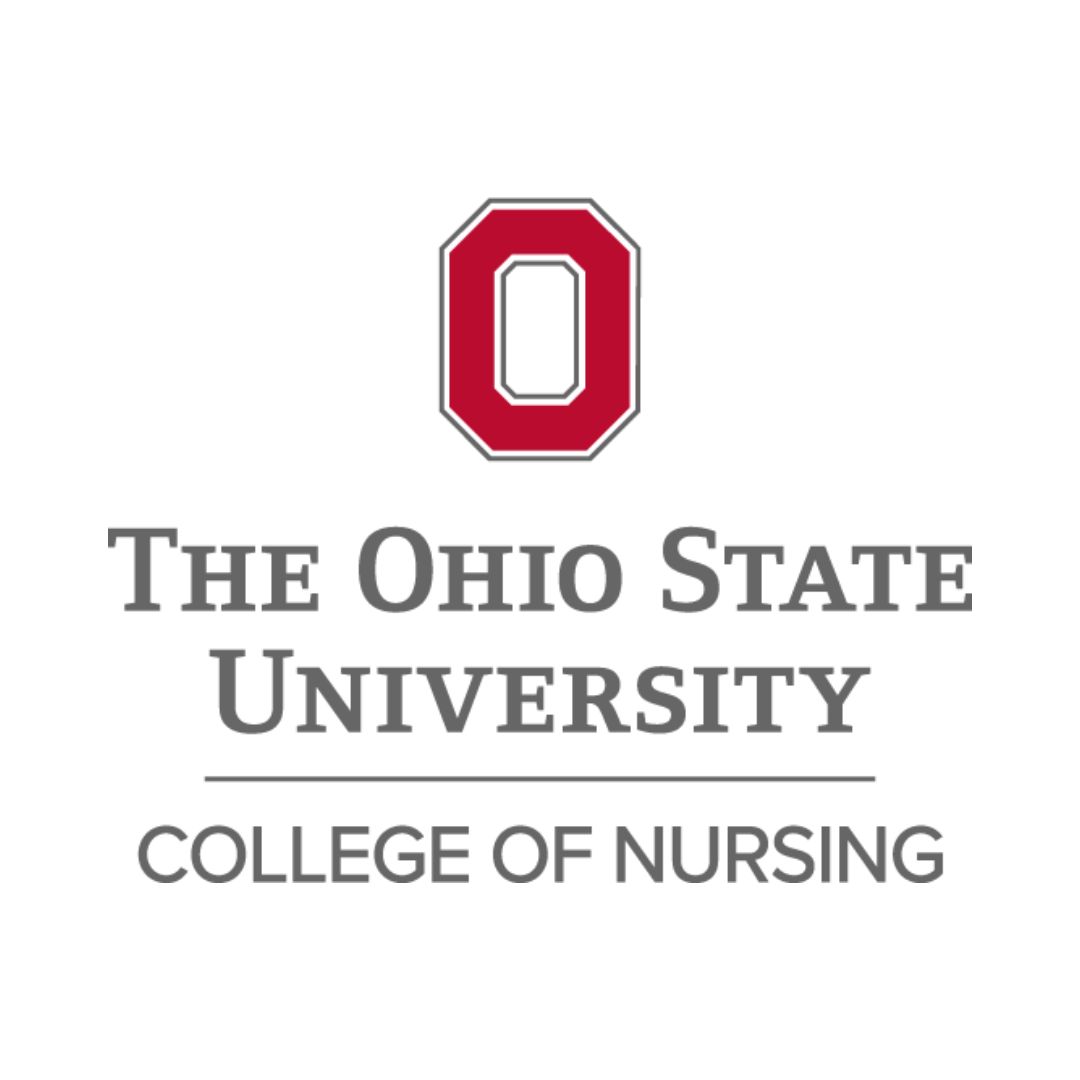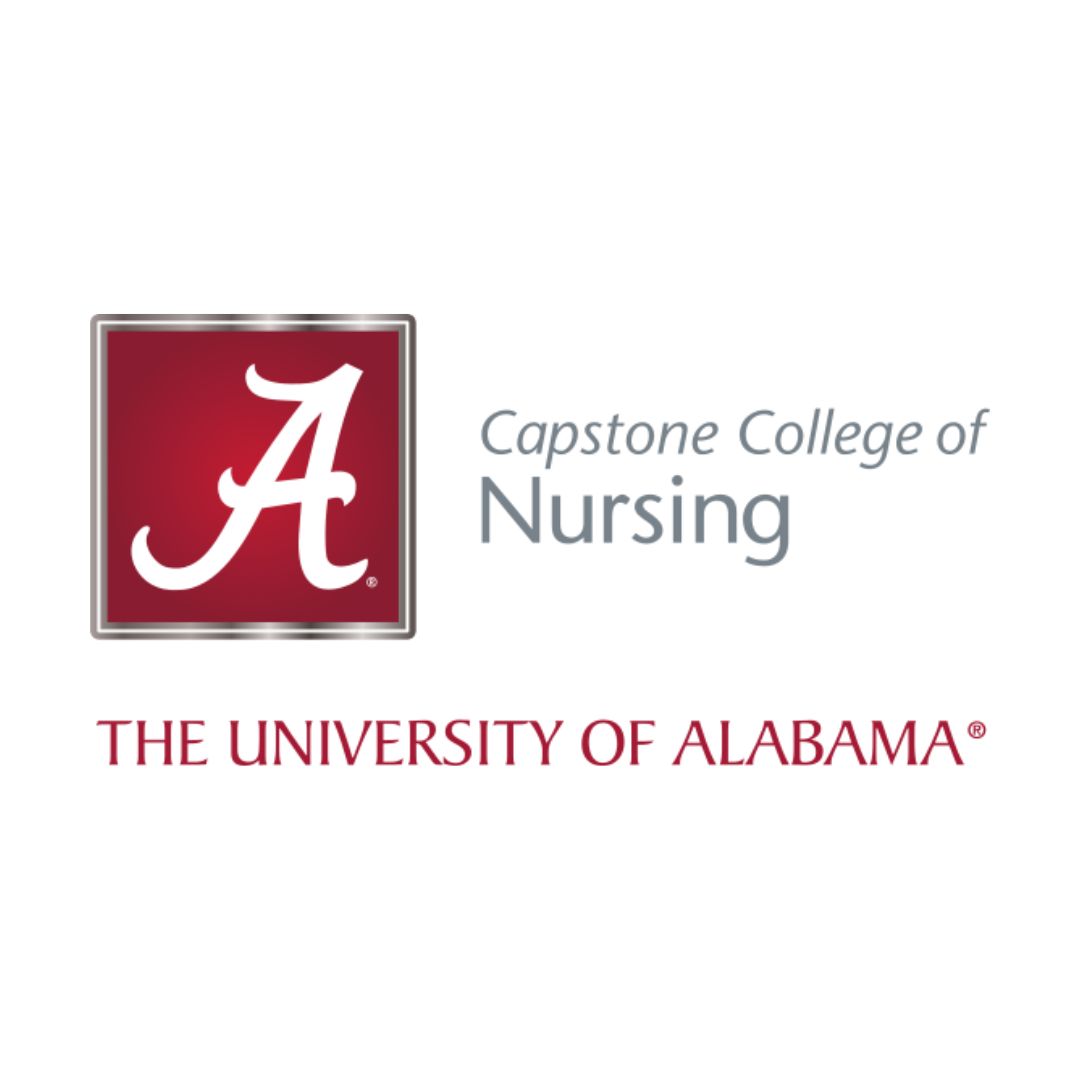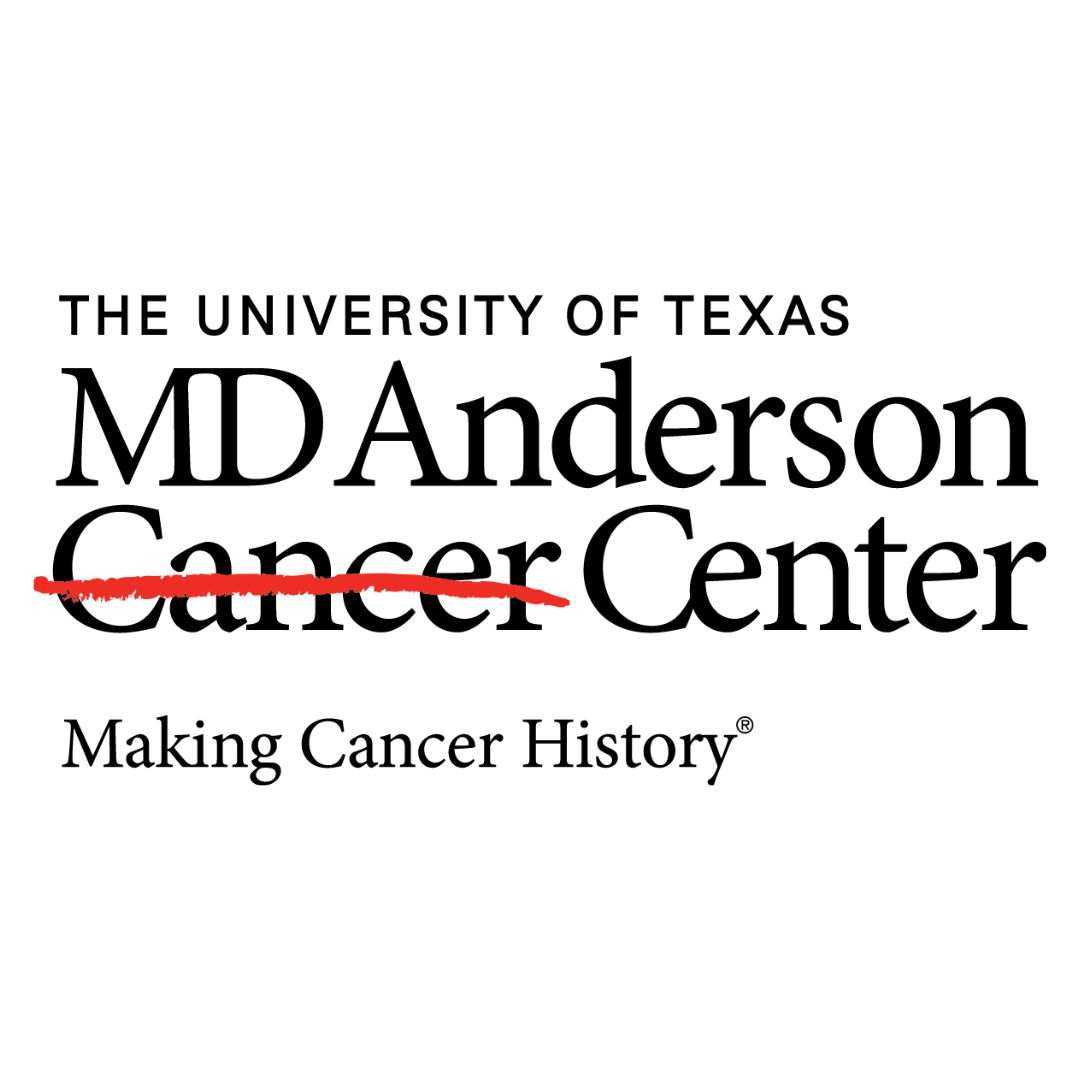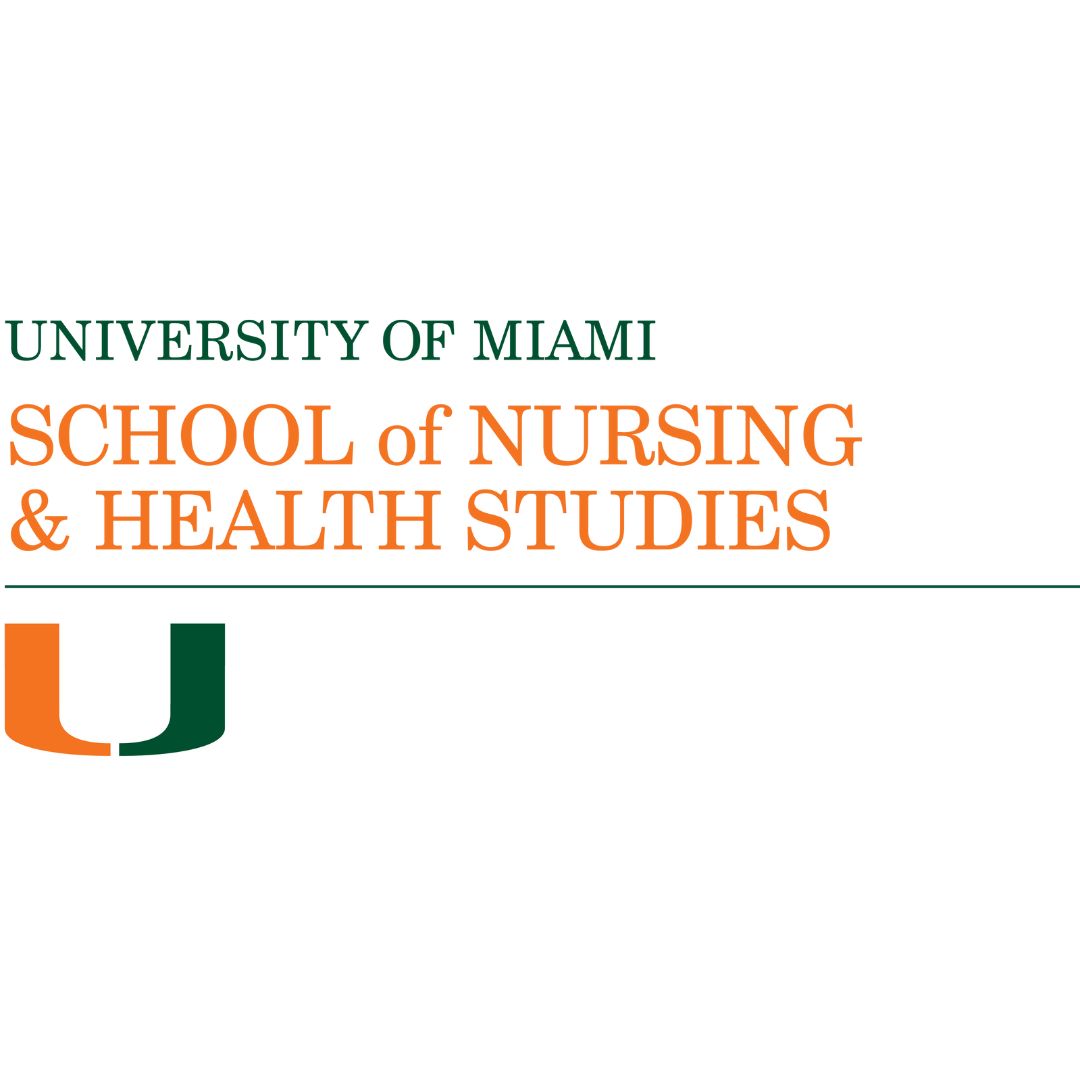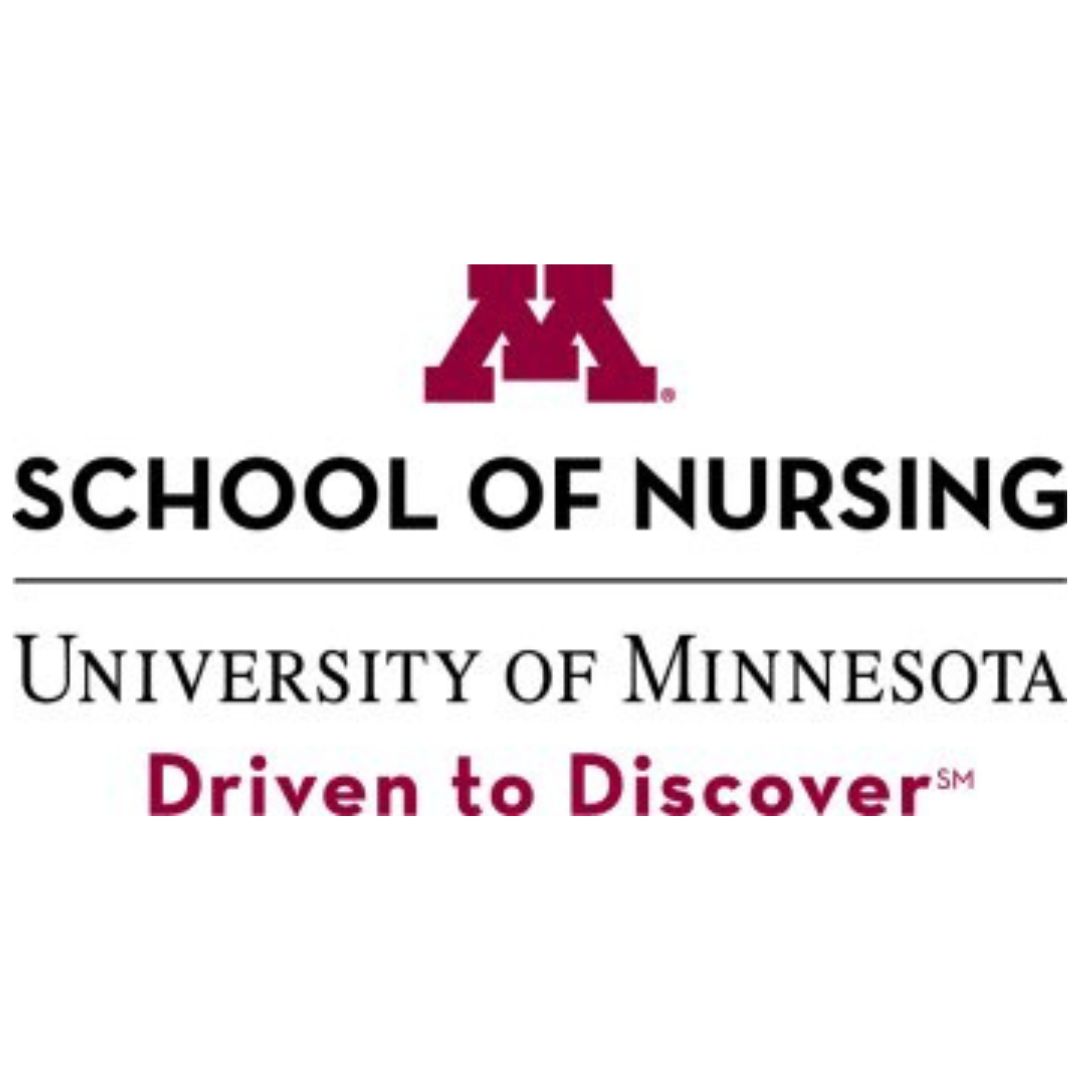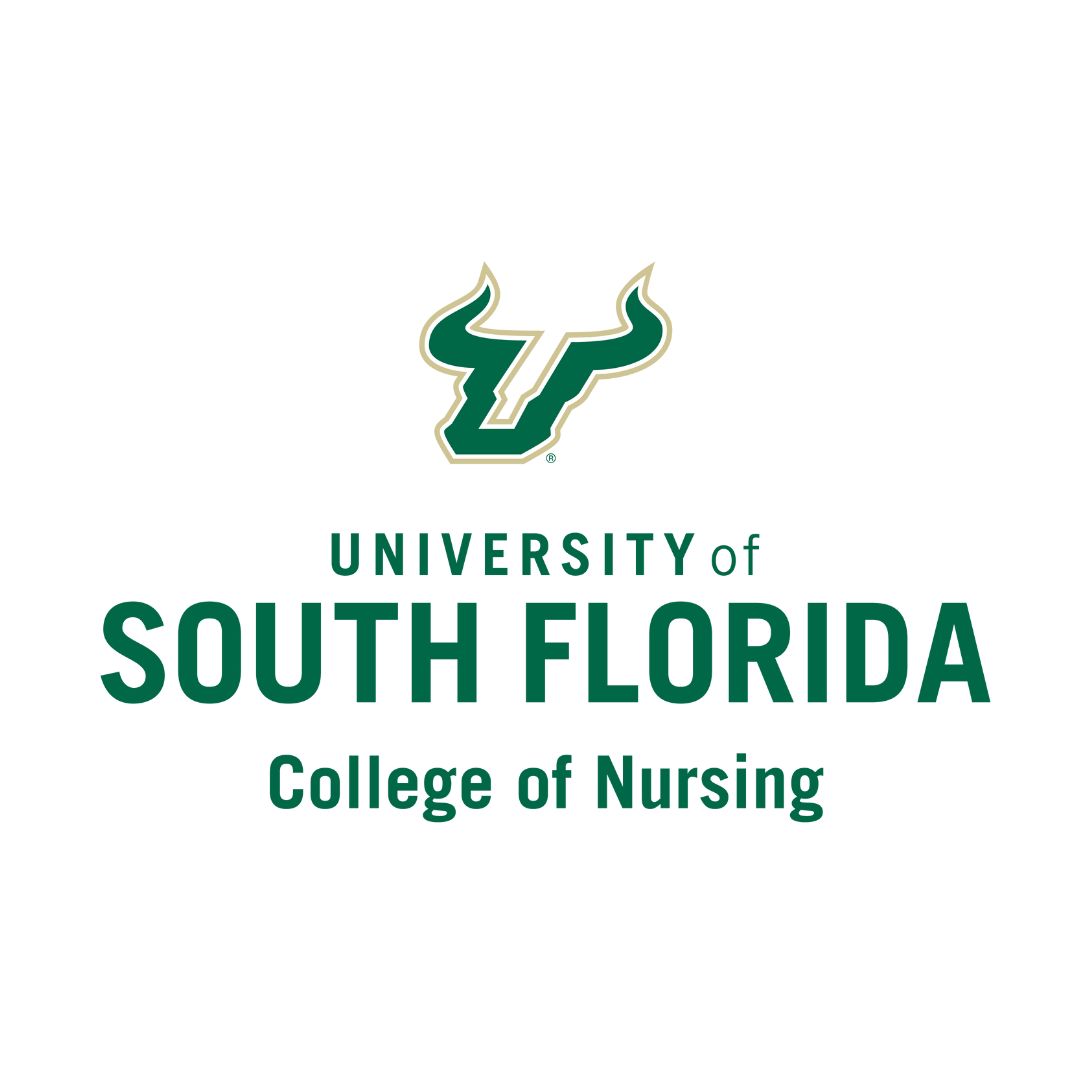Registration for Research!America's Reaching the Peak: A Science & Technology Career Summit is Open
Registration is now open for Research!America's Reaching the Peak: A Science & Technology Career Summit. The Summit will be held on June 30 from 11:00 am - 6:00 pm ET.
Sample topics include:
Read More
Nominations are open for Research!America's four Excellence in Achievement in Public Health awards.
The awards will be presented during the virtual event on April 14, 2021. The deadline for nominations is December 2, 2020. Click here for more information.
Nominate Here
Almost one year into the COVID-19 pandemic, Americans are showing their support for placing a high priority on improving our nation’s public health system. 73% of Americans say the COVID-19 pandemic has revealed that major changes are needed in our public health system, including more funding. You can view the results of the survey here.
NINR Acting Deputy Director, Dr. Jessica Gill and Dr. Kimbra Kenney of the Uniformed Services University of the Health Sciences, joined the American Academy of Neurology's podcast to discuss their research on neurofilament light chain as a biomarker following traumatic brain injury
Read More
Reearch!America: Investment Report: Investment in Medical and Health R&D Not Keeping Up with Needs of Nation
Research!America recently released its annual report on U.S. Investments in Medical and Health Research and Development. A synopsis from Research!America is below:
Read More
Research!America-ASHG Survey Finds Americans Strongly Support Human Genetics Research
As genetics and genomics knowledge expands rapidly throughout research, medicine, and society, Americans are excited and optimistic about this area of research and its emerging health applications, according to a new survey released this week by the American Society of Human Genetics (ASHG) in partnership with Research!America.
The survey finds the large majority of Americans agree genetic knowledge will be important to their own health and their families’ health. Americans also express great curiosity about genetics, as well as interest in what it tells us about human history and our common heritage as a species, even as knowledge gaps persist. Americans agree that more research is needed in human genetics, and that increased federal funding for that research is important. The survey also confirms the importance placed on confidentiality and security of research data, addressing Americans’ views regarding genetic testing coverage, and highlighting opposition to the use of genetics for insurance coverage or rate-setting.
Read More
New NIH Video: “Matters of the Heart: A Research Journey Uncovering Signs of Heart Disease in Women”
A new NIH presentation video of Dr. Jean C. McSweeney's presentation “Matters of the Heart: A Research Journey Uncovering Signs of Heart Disease in Women" was published recently. The video can be viewed by clicking here.
Dr. Jean McSweeney is a professor and Associate Dean for Research at the University of Arkansas for Medical Sciences in Little Rock, Arkansas. She received her BSN from Cameron University in Lawton, Oklahoma, her MSN from The University of Texas at Arlington, and her PhD from the University of Texas at Austin. She has served on the National Institute of Health, National Institute of Nursing Research Advisory Council. She is a Fellow in both the American Heart Association and the American Academy of Nursing.

